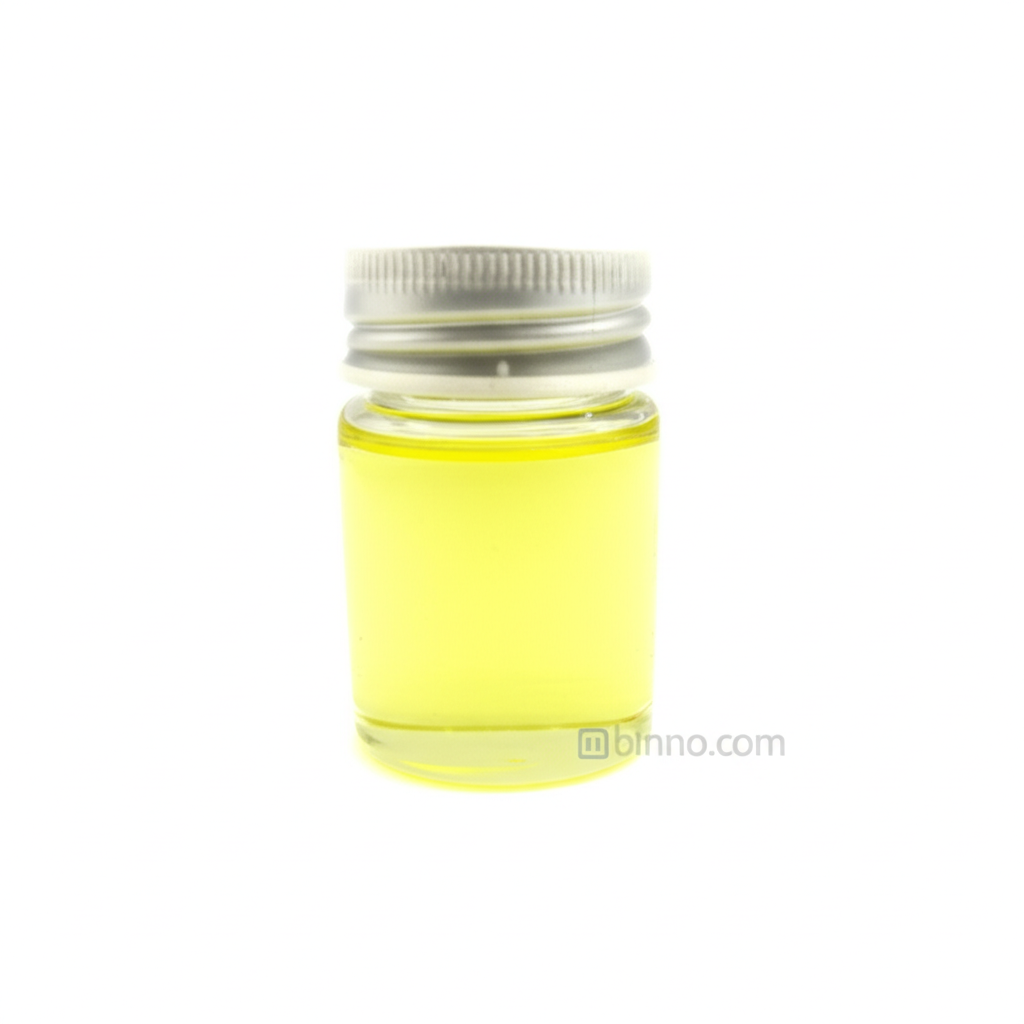4-Heptanone: A Versatile Ketone for Synthesis and Industry
Explore the properties and diverse applications of 4-Heptanone, a crucial compound in organic synthesis and various industrial uses.
Get a Quote & SampleProduct Core Value

4-Heptanone
4-Heptanone is a highly versatile ketone recognized for its distinct properties and broad applicability across numerous industries. This clear, colorless liquid, possessing a characteristic fruity, cheesy, and sweet odor, is primarily valued as an effective solvent in organic synthesis, particularly for nitrocellulose and synthetic resins.
- Discover how 4-heptanone solvent uses extend to dissolving nitrocellulose, contributing to efficient chemical reactions and product formulations.
- Learn about the key role of dipropyl ketone chemical properties in serving as a vital intermediate for pharmaceutical and agrochemical synthesis.
- Explore the applications of 4-heptanone as a flavoring agent, enhancing the taste and aroma profiles of various food products like baked goods and confectionery.
- Understand the significance of understanding ketones in chemistry through the comprehensive profile of 4-heptanone, a staple in fine chemical manufacturing.
Key Advantages of 4-Heptanone
Excellent Solvency
As a potent solvent, 4-heptanone effectively dissolves a wide range of substances, including nitrocellulose, oils, resins, and polymers, making it ideal for paints, coatings, and adhesives.
Synthesis Intermediate
Its utility as a key intermediate in the preparation of pharmaceuticals and agrochemicals streamlines production processes, contributing to the development of essential compounds.
Sensory Appeal
The pleasant fruity, cheesy, sweet, and cognac-like aroma makes 4-heptanone a valuable component in the food and fragrance industries, appealing to consumer preferences.
Key Applications of 4-Heptanone
Solvent Applications
4-heptanone is widely utilized as an effective solvent in various chemical reactions and extractions, particularly in the production of pharmaceuticals and agrochemicals, enhancing solubility and reaction rates.
Flavoring Agent
The compound is used in the food industry as a flavoring agent, providing a pleasant aroma and taste to products like baked goods and confectionery, appealing to consumer preferences.
Intermediate in Synthesis
It acts as a key intermediate in the synthesis of other organic compounds, including fragrances and fine chemicals, streamlining production processes in the cosmetic and fragrance industries.
Industrial Cleaning
Its properties make it suitable for formulating industrial cleaning agents, where it effectively dissolves oils and greases, improving cleaning efficiency in manufacturing settings.
